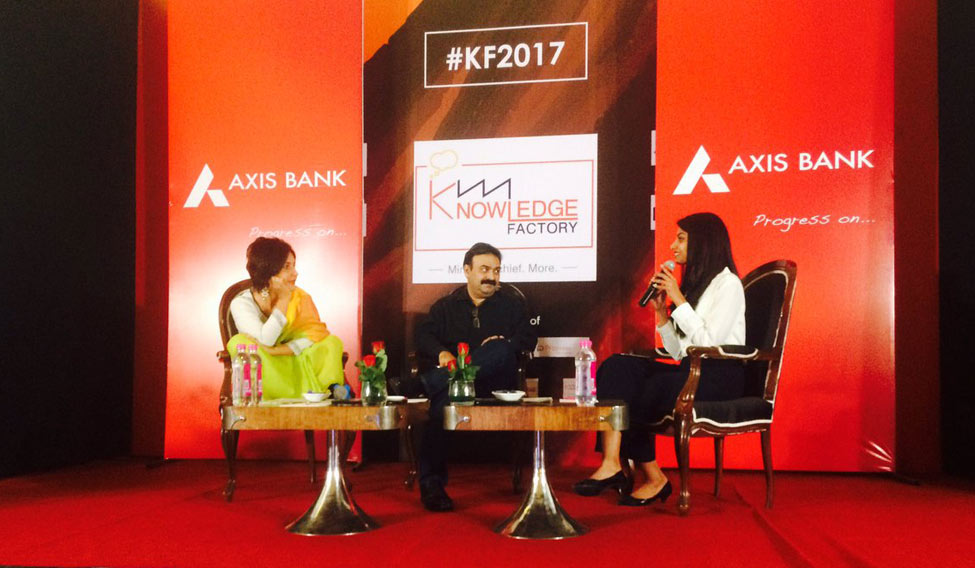On the second day of the Knowledge Factory—the first edition of an ideas festival—in Delhi, a panel comprising advertising expert Anuja Chauhan, author-HR specialist Abhijit Bhaduri and young journalist Megha Vishwanath addressed the future of the millennials.
Currently, there are 440 million millennials in the country with 390 million comprising generation Z. In the coming years, 65 per cent of India's population will consist of the millennial generation, which, according to the panellists, was a “talented, idealistic, lazy, entitled, impatient” set of people born after 1984 who get criticised the most, too.
Millennials have a sense of survival, where they have learnt how to adapt to situations quickly, given that they were born in times of crisis, said Bhaduri. “Work is not their life, they've understood that families can be dysfunctional. More than the western definitions of millennials, it's the social political experiences that define them more. In India, one such division would be between pre and post liberalisation. Millennials in India would be mostly those born in the 1990s....”
Chauhan felt such definitions were valid for most generations that come along but each one's challenges are different. “Is it about the economic background, a sense of entitlement, workplace or life in general? The millennials do take a lot of luxuries for granted that many of us growing up did not.” Vishwanath reflected if a sense of impatience defined this segment. “Their role models are much younger, they have the 'what's next' mindset, a constant cycle of validation, that too instantly, given the access to social media which allows instant gratification.”
An important feature of the millennials, Bhaduri pointed out, was that in near future, job hopping will be replaced by career hopping. “Skills needed to survive in a workplace have now a shelf life of 3-5 years. Career hopping will create new challenges for workplaces, which means boredom is something that organisations and individuals will have to work around, given that this generation seeks a deeper sense of purpose.” You have to respect this generation, he said, given that their challenges are different and that adults don't have answers to them and they have to figure it out on their own.
Along with career hopping, relationship hopping aided by digital apps is another aspect where having children at a later date, dealing with more psychological issues like depression are coming up. “The friendships among the millennials are a strong point, these are more steady and get support from each other. They are less biased about people from other places.”
The panel felt a lot of the issues millennials face might be 'first world problems'. “In many ways it is an entitled generation on whom there isn't as much pressure,” said Chauhan.
Earlier, as part of the festival, actor Swara Bhaskar spoke her mind on 'romancing the Constitution', about how it's not dedicated to god but to the people and that being honest prevailed over caste, class and religion.
An entertaining highlight of the festival was a performance by popular comedian Papa CJ where he spoke on the business side of comedy and how technology has helped even a comedian reach out to a larger population.



